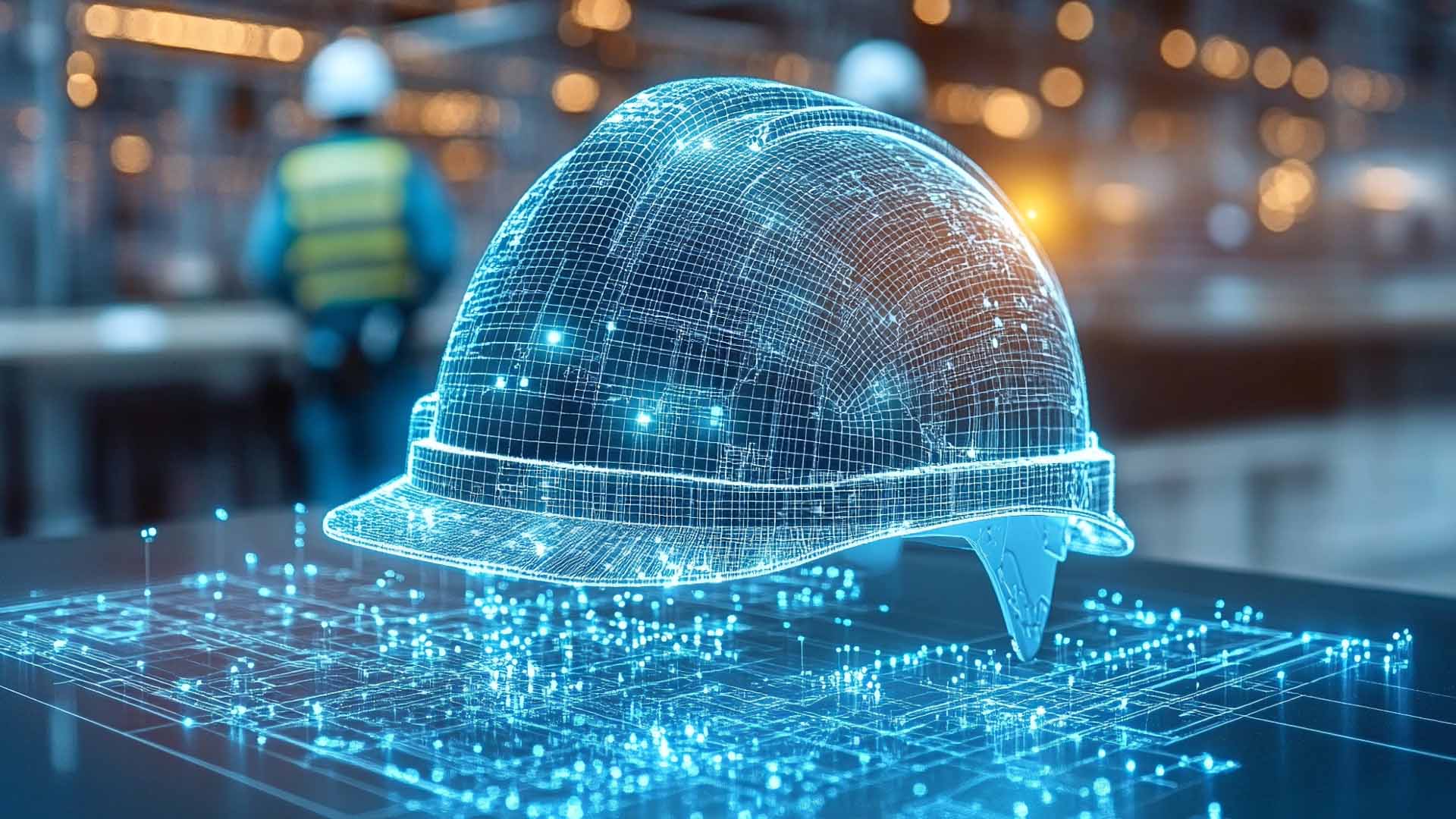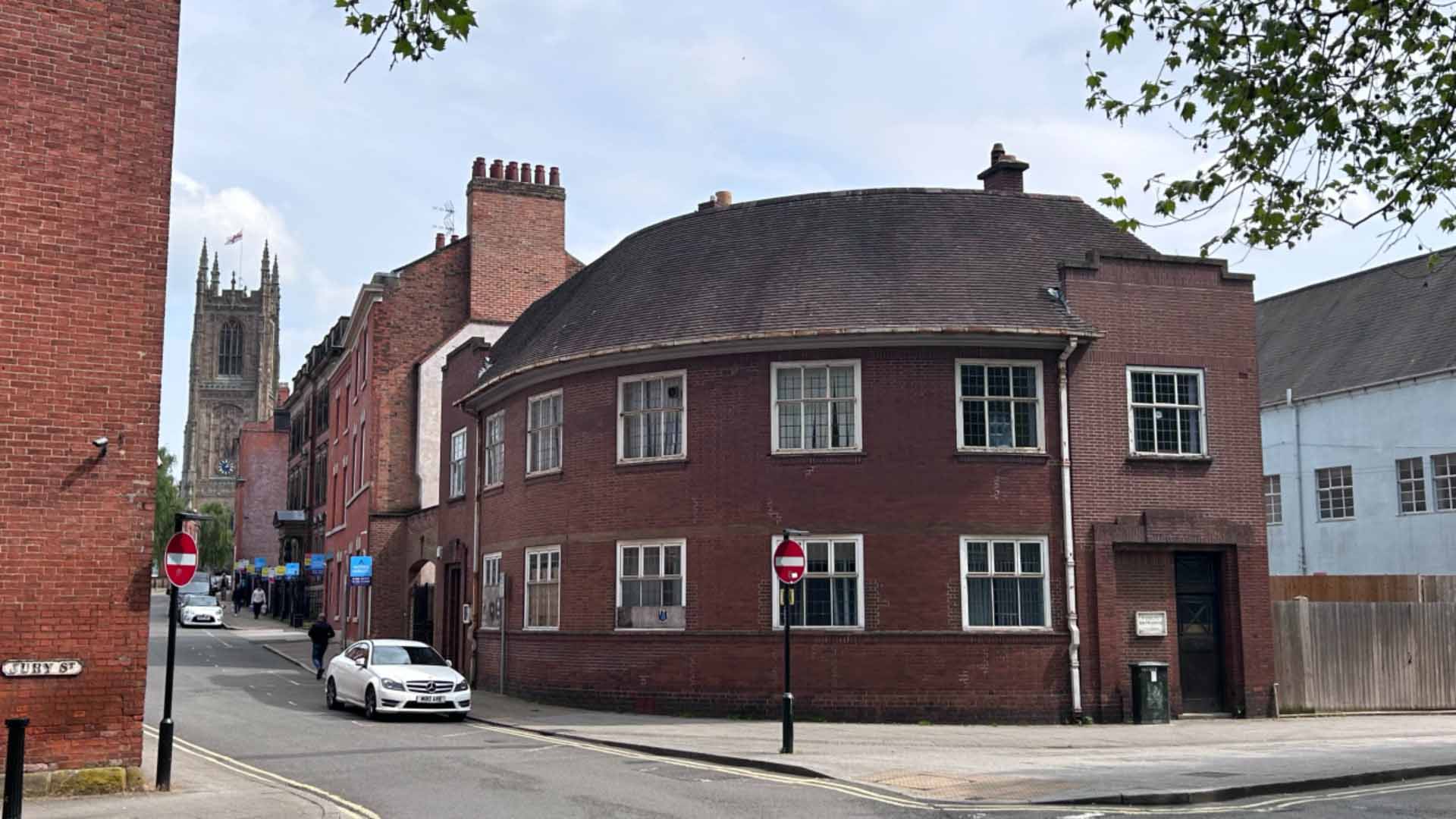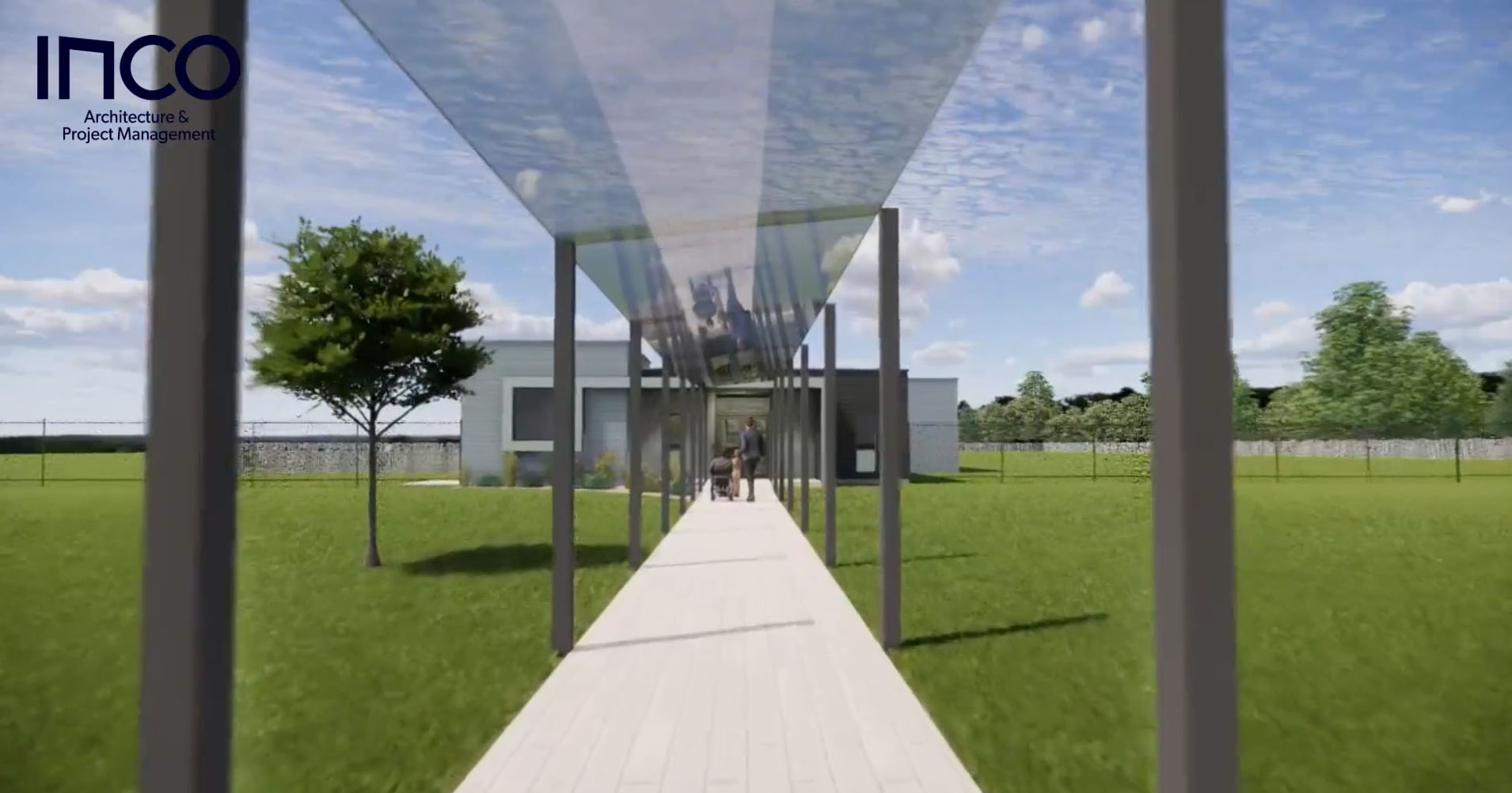AI in Construction: Revolutionary Project Management in 2025
AI is transforming construction project management in 2025, enhancing efficiency, communication, and risk management.

The construction industry is experiencing a digital transformation that's reshaping how we approach project management, design, and delivery. As we navigate through 2025, artificial intelligence and advanced digital tools are essential to successfully managing projects in construction across the UK. These technological advances open new possibilities for enhanced efficiency and precision for companies like INCO Construction, which specialises in comprehensive architecture and project management services.
The Digital Revolution in Construction Project Management
Traditional construction project management often relied on manual processes, paper-based documentation, and reactive problem-solving. Today's digital landscape offers something entirely different. AI-powered platforms can predict potential delays, optimise resource allocation, and provide real-time insights that keep projects on track and within budget.
INCO design teams leverage these technologies to deliver more accurate architectural plans and streamline the design-to-construction pipeline. By integrating AI tools with traditional expertise, project managers can anticipate challenges before they become costly problems, ensuring smoother project delivery for residential and commercial developments.
Machine learning algorithms analyse datasets from previous projects to identify patterns and potential risk factors. This predictive capability allows project managers to implement preventive measures early in the construction process, significantly reducing the likelihood of delays and cost overruns. The result is a more reliable and efficient project delivery approach that benefits contractors and clients.
Advanced Digital Tools Transforming Daily Operations
The adoption of cloud-based project management platforms has transformed how construction teams collaborate and communicate. These systems provide real-time updates on project progress, material deliveries, and workforce allocation. Digital dashboards offer stakeholders instant access to critical project metrics, enabling faster decision-making and improved team coordination.
Integrating drone technology with AI analysis capabilities transforms site surveying and progress monitoring. These aerial systems can capture detailed site imagery and automatically generate progress reports, identifying discrepancies between planned and actual construction phases. This level of detailed tracking was previously impossible without significant time and resource investment.
For clients seeking "construction near me," these digital innovations mean greater transparency throughout the construction process. Real-time project tracking and automated reporting systems keep clients informed and engaged, building trust and confidence in the project delivery.
Transforming Estates Management Through Technology
The application of AI extends beyond individual construction projects into comprehensive estate management. Intelligent building systems powered by artificial intelligence can monitor energy consumption, predict maintenance needs, and optimise operational efficiency across property portfolios. This technological integration is particularly valuable for property owners with complex regulatory requirements.
For properties subject to the Derby Article 4 Direction, digital compliance tracking systems can automatically monitor changes and ensure ongoing adherence to planning restrictions.
AI-Powered Project Management Derby Solutions
In Derby city centre and surrounding areas, construction companies are increasingly turning to AI-enhanced project management solutions. These online directories and systems offer predictive analytics to forecast material costs, labour requirements, and potential scheduling conflicts. Supply chain management has been remarkably transformed, with AI systems tracking material availability, delivery schedules, and cost fluctuations across multiple suppliers.
INCO Architecture & Project Management now incorporates some of these advanced technologies to provide clients with data-driven insights throughout the project lifecycle. From initial architectural concepts to final delivery, AI tools help ensure that every aspect of a project is optimised for success. Risk assessment algorithms evaluate weather patterns, labour availability, and material supply chains to provide comprehensive project risk profiles.
Through AI enhancement, resource allocation has become significantly more sophisticated. These systems can dynamically adjust workforce schedules, equipment deployment, and material deliveries based on real-time project conditions and predictive models. This level of optimisation was previously impossible to achieve manually, resulting in substantial cost savings and improved project timelines.
The Future of Digital Construction Management
Looking ahead, the integration of AI in construction project management will only deepen. Machine learning algorithms are becoming more sophisticated at analysing historical project data to improve future performance. Building Information Modelling (BIM) systems enhanced with AI can now predict how design changes will impact construction timelines and long-term building performance.
Augmented reality applications are beginning to transform how construction workers interact with project plans and specifications. These tools overlay digital information onto physical construction sites, providing workers with real-time guidance and reducing errors during the building process.
For estate management, predictive maintenance powered by AI sensors and analytics helps property owners avoid costly emergency repairs while ensuring optimal building performance. This proactive approach is particularly valuable for commercial properties and significant residential developments where maintenance costs can significantly impact cost-effectiveness.
Embracing Technology While Maintaining Human Expertise
While AI and digital tools transform construction project management, the most successful implementations combine technological capabilities with human expertise and experience. Companies that understand these tools' potential and limitations are best positioned to deliver exceptional client results.
The construction industry's digital transformation creates opportunities for more precise planning, better resource management, and improved project outcomes. As these technologies evolve, they're becoming vital tools for construction professionals who want to stay competitive in an increasingly complex marketplace.
For property developers, homeowners, and commercial clients, partnering with construction companies that embrace these digital innovations means accessing more reliable project delivery, better cost control, and superior long-term building performance. The future of construction is digital, and that future is already here.



